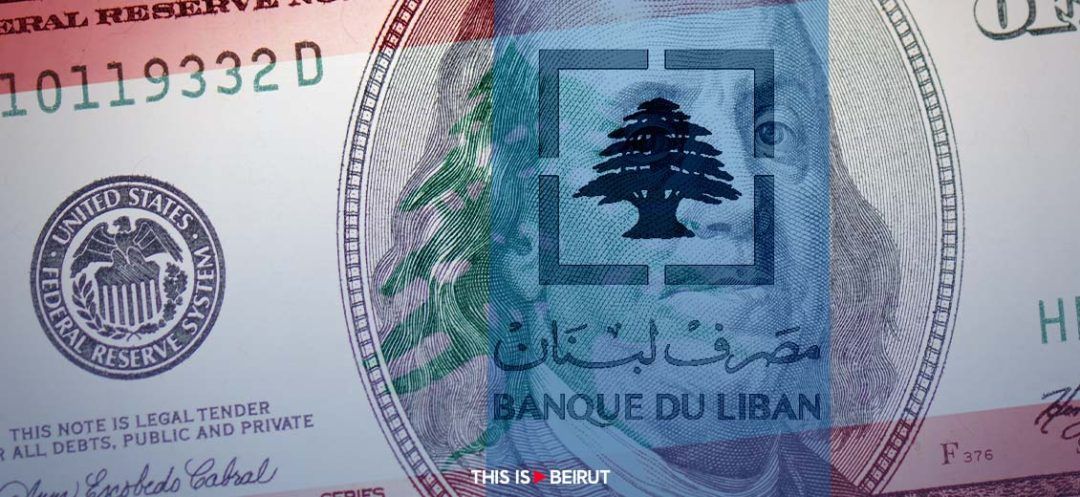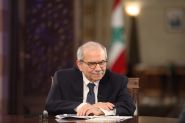
Lawmakers deflect responsibility by shifting the decision on the dollar exchange rate to the Central Bank of Lebanon (BDL), a move criticized by economic experts as an evasion of addressing pressing financial issues, notably the plight of depositors. This reflects a persisting corrupt climate apparent in various numbers reported by the Central Bank. According to some information, the latter acknowledges a rate of 89,500 Lebanese pounds per dollar. However, while MPs intend to impose a rate of 15,000 pounds per dollar in banking transactions, the Central Bank of Lebanon has no readiness to provide financial coverage for such a proposition.
Moreover, the dollar rate presumed to be determined according to the law by the Central Bank of Lebanon is the authentic value of the dollar and not the fictitious one. Today’s rate stands at 89,500 Lebanese pounds. Consequently, transactions between banks and depositors should be done according to that basis. Given the lack of funds to meet depositors' withdrawal demands, there is an urgent call for the enactment of a capital control law. This measure falls under the responsibility of the government and parliament.
The Central Bank’s acting governor Wissam Mansouri had been planning to issue on Wednesday the Circular regarding the entitlements of depositors benefiting from Circulars 151 and 150, which allow them $150 monthly. However, he is currently awaiting the reactions to the budget approval and whether any new utterance will be addressed to the Central Bank of Lebanon.
On this basis, the decision to issue the new Circular on Wednesday will be made, or there might be a delay. In light of available information, Mansouri is concerned that politicians might put him against depositors, and promote that the Central Bank of Lebanon is implementing a form of capital control on their deposits, which is neither true nor likely to happen because such law is promulgated by the legislative authority.
Furthermore, the disagreements that had surfaced between the banks and the acting governor over the monthly $150 payment to depositors benefiting from Circular 151 are easing, and major banks in Lebanon have conveyed to Mansouri their willingness to cooperate.
On the flip side, and based on parliamentary sources, setting the banking exchange rate is not within the parliament's jurisdiction. Therefore, the proposal by MP Ali Hassan Khalil to increase this rate from 15,000 to 25,000 was rejected. Furthermore, the Code of Money and Credit imposes the determination of this rate on the Central Bank of Lebanon in cooperation with the Ministry of Finance.
Read more



Comments